All About Cooking Oils

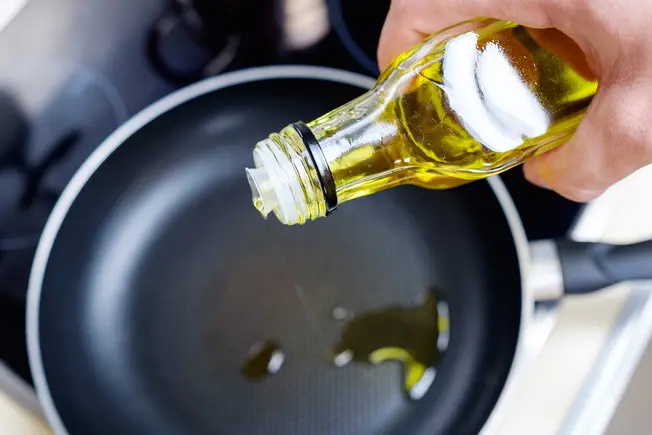
Olive Oil
Best all-around award goes to olive oil. You can use it for almost any kind of cooking without breaking it down. The healthiest type is extra-virgin olive oil (EVOO). It can help lower your blood pressure and fight inflammation. It lowers your risk of heart disease by improving the health of your blood vessels and preventing blood clots. EVOO is also loaded with antioxidants, which ward off cell damage.

MCT Oil
Short for medium-chain triglycerides (a type of fat), you can add it to smoothies and salad dressings for a healthy fat boost. Studies show it might help you eat less, but more research is needed.
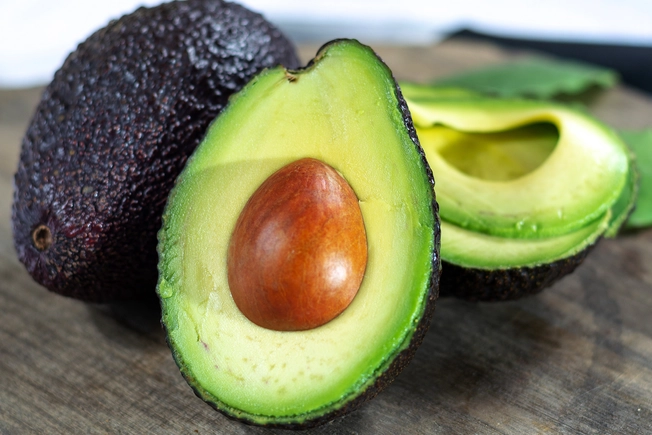
Avocado Oil
Avocado oil is good cold (in salads, dips, or smoothies) and hot (grilling, baking) food prep. It’s high in oleic acid, a fatty acid with a lot of health benefits. And when you eat it with veggies, it can boost the amount of antioxidants ou take in. It can head off inflammation and calm symptoms of arthritis. And it may keep you from getting gum disease.
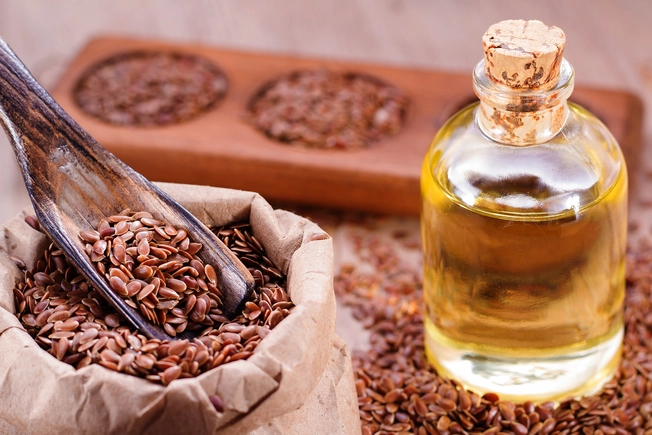
Flaxseed Oil
Though its smoke point (the temperature at which it starts to smoke) is too low for cooking, flaxseed oil is a smart choice for salads, dips, and smoothies. It helps bump up your omega-3’s. The alpha-linolenic acid (ALA) in flaxseed oil is good if you have heart disease, and it may even lower blood pressure.
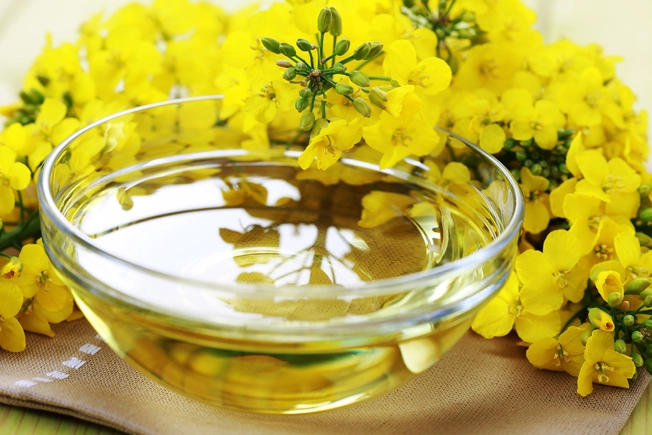
Canola Oil
It’s low in saturated fat but high in monosaturated fat (like olive oil). And it has phytosterols, which can help lower the amount of cholesterol your body absorbs. It’s also a good source of omega 3’s, another heart-friendly benefit.
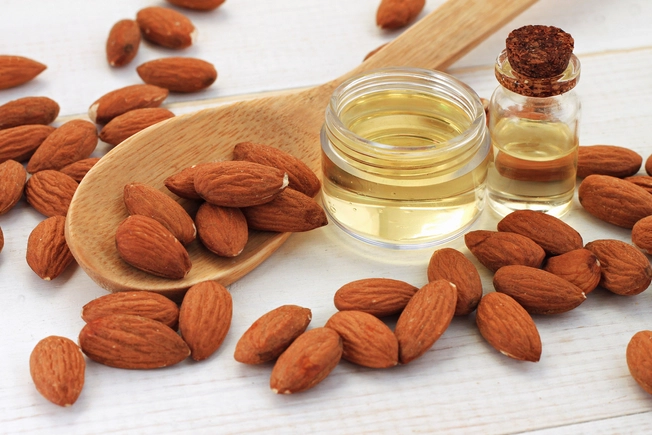
Almond Oil
It’s high in monosaturated fat and vitamin E. Refined almond oil has a high smoke point, so it’s good for high-heat cooking such as searing and browning. Unrefined almond oil has a nutty taste and is best as a salad dressing or drizzled over pasta.
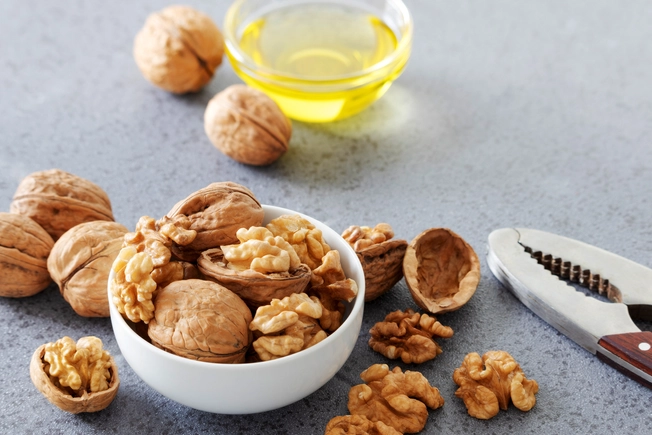
Walnut Oil
You shouldn’t use it for high-heat dishes, but the nutty flavor of walnut oil makes it a tasty choice for drizzling over veggies or in a vinegar dressing or sauce. It has a lot of alpha-linolenic acid (ALA), which helps your heart and skin.
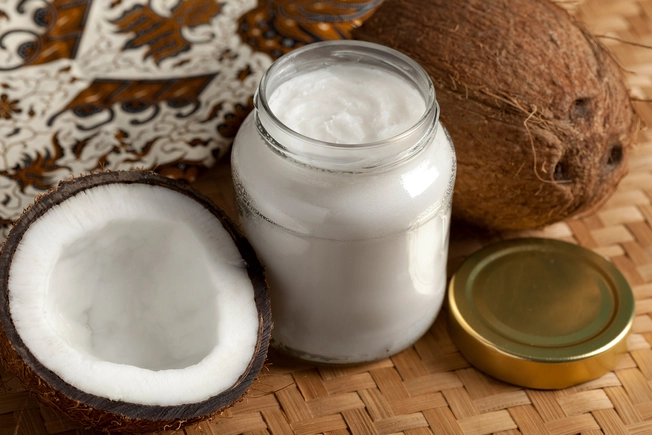
Coconut Oil
It’s not as healthy as you might think. Coconut oil is mostly saturated fat, which raises LDL cholesterol. That’s bad for your heart. And it has almost no vitamins and minerals. It’s best to stick with unsaturated fats like olive and canola.
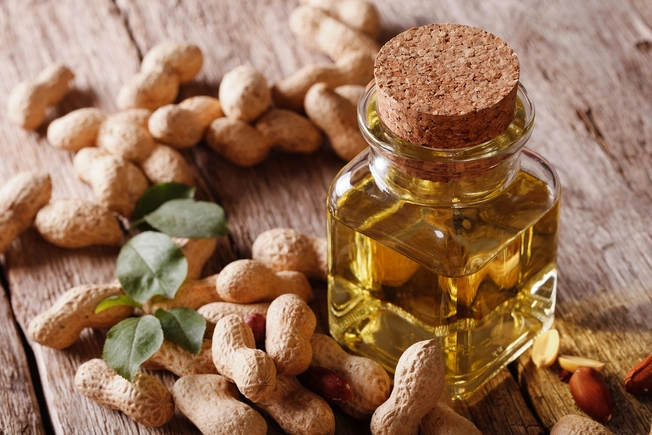
Peanut Oil
If you decide to cook with peanut oil, go for the cold-pressed version over refined. Cold-pressed keeps more of the nutrients, such as vitamin E, an antioxidant that helps protect your heart. Peanut oil also has a very high smoke point. That’s why it’s a popular choice for high-heat cooking.

Non-Stick Spray
Many cooking oil sprays come with more than just oil. Check the ingredients for artificial flavorings, antifoam agents, and propellants like propane. You can also fill a reusable pump canister with the oil of your choice.

How to Use Them
Oils are good for all kinds of cooking. You can grill, sauté, stir-fry, bake, or roast with them. They’re excellent at keeping food from sticking to pans. Use them to season your cast-iron skillet or make your own dressing. Oil can also be a healthy swap for butter or solid fats in recipes.
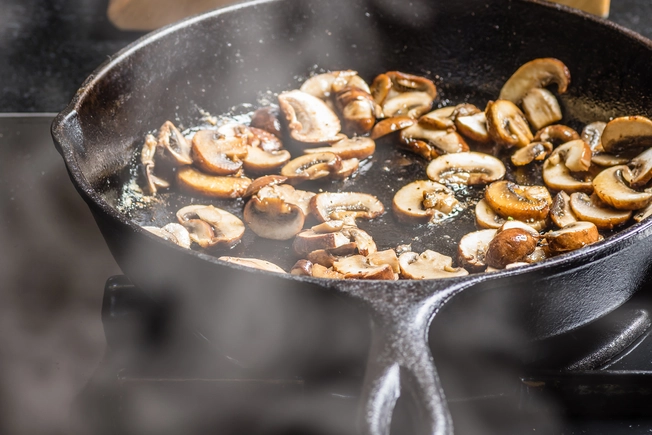
Tips
Oils can go bad, so don’t use it if it smells off. Don’t reuse or reheat it. Oils with high smoke points are best for stir-frying. Sauté with oils that have medium-high smoke points. Use oils with low smoke points for salad dressings and dips.